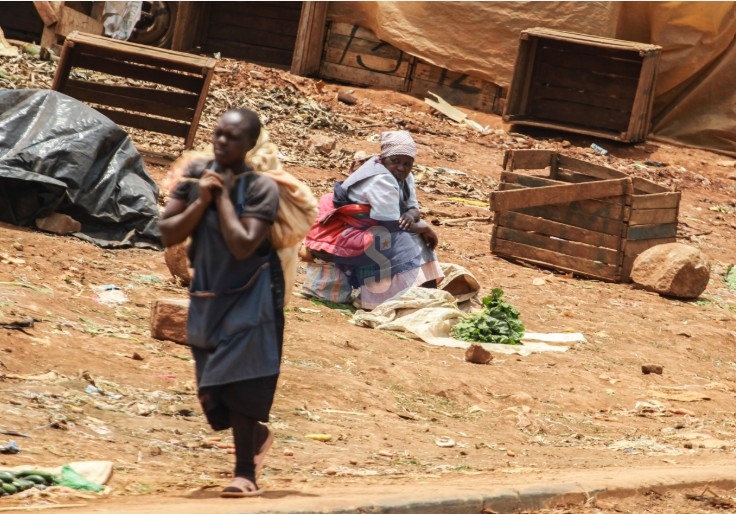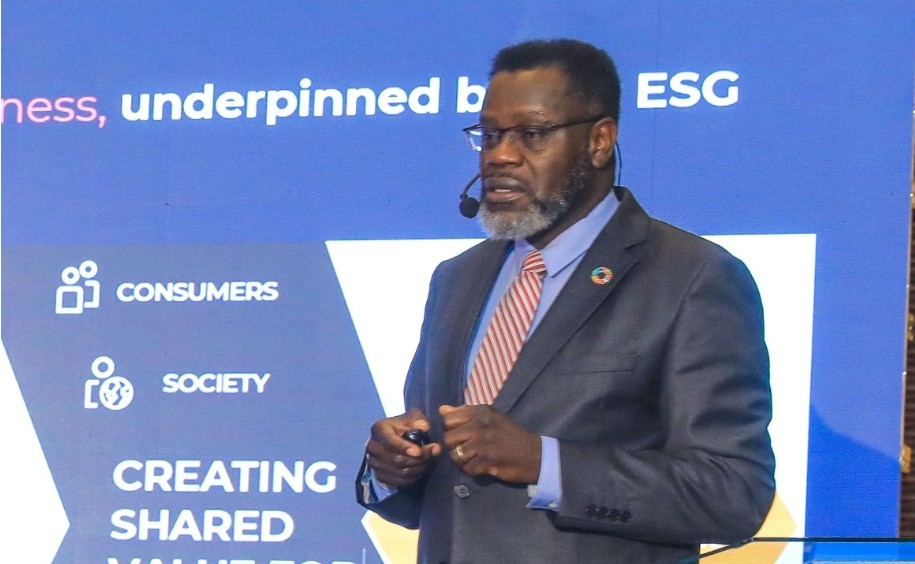If last year was too hot for you, worry not. It was the same for everyone, the United Nations says.
The World Meteorological Organization of the UN has revealed that year was the warmest year on record.
WMO Dr Abdulla Ahmed said last year was 1.45 degrees above preindustrial levels. “Records were broken for ocean heat, sea level rise, and Antarctic Sea ice loss and glacier retreat,” he said.
Ahmed made his remarks during the 61st plenary session of Intergovernmental Panel on Climate Change (IPCC) meeting taking place in the Bulgarian capital, Sofia, from July 27 to August 2.
He said the rate of sea-level rise in the past 10 years (2014–2023) has more than doubled since the first decade of the satellite record (1993–2002).
“Drought affected millions in 2023,”Ahmed said, adding that there is need for the transition to renewable energy as it offers hope.
“The cost of climate inaction will be significantly higher than cost of climate action,” he said.
Among other issues, the panel will consider the strategic planning schedule which will define a detailed production timeline for all the IPCC reports planned for the seventh cycle.
It will also consider the draft outlines of the Special Report on Climate Change and Cities and the Methodology Report on Short-Lived Climate Forcers.
Based on the panel’s earlier decision, these two reports are scheduled for release in 2027.
The panel’s busy agenda will also include discussions about the lessons learned from the sixth assessment cycle.
The Kenya Meteorological Department does not release Kenya's annual figures on temperature.
The UN report comes as another report indicated the effects of climate change will continue having a devastating impact on human health, the country’s economy and biodiversity.
As such, there is a need to support communities to adapt and build resilience.
The report ‘Climate Change Impacts in Kenya; What Climate Change Means for a Country and its People’, shows that heat waves, droughts and heavy rainfall are becoming more severe and frequent with devastating impacts.
Patricia Nying'uro from the Kenya Meteorological Department, Dr Joyce Kimutai from KMD, Kenneth Mwangi from the World Resource Institute and Winnie Khaemba from Climate Analytics authored the report that was launched last Wednesday.
Among those who attended the launch included Environment PS Festus Ng'eno, Nominated Senator Hamida Kibwana and Kenya Red Cross Society secretary general Dr Ahmed Idris.
Others are chairperson of the Environment and Climate Change at the Council of Governors Wilber Ottichilo and Peter Odhengo from the National Treasury.
Ng'eno said it is crucial to prioritise equity in climate initiatives, as vulnerable communities are the most affected by the impacts.
"We must ensure no one is left behind in our efforts to combat climate change," Ng'eno said.
"There is a need to increase funding for research that contextualises the global model outputs, sector-specific costs of climate impacts, the cost of inaction and the role of local and indigenous knowledge. This is if we are to adequately adapt to the impacts of the changing, especially at the local level.”
Idris decried that every year, despite Kenyans working harder, the country is losing its capacity to produce food due to the impacts of climate change.
"Last year, we faced a food crisis in July, a cholera outbreak in September and a flood crisis in October. Climate change is an undeniable reality—a troubling reality. The time to address this crisis is now.”
Kibwana said it's crucial to integrate coordinated climate adaptation strategies and policies that are sensitive to climate issues now.
"We must listen to communities and collaboratively create sustainable climate solutions. Legislators must enact laws to ensure a sustainable and resilient Kenya in the face of climate change.”
Odhengo said under the Financing Locally Led Climate Action programme, the National Treasury emphasises the importance of citizen engagement and local leadership in advancing climate action efforts.

















